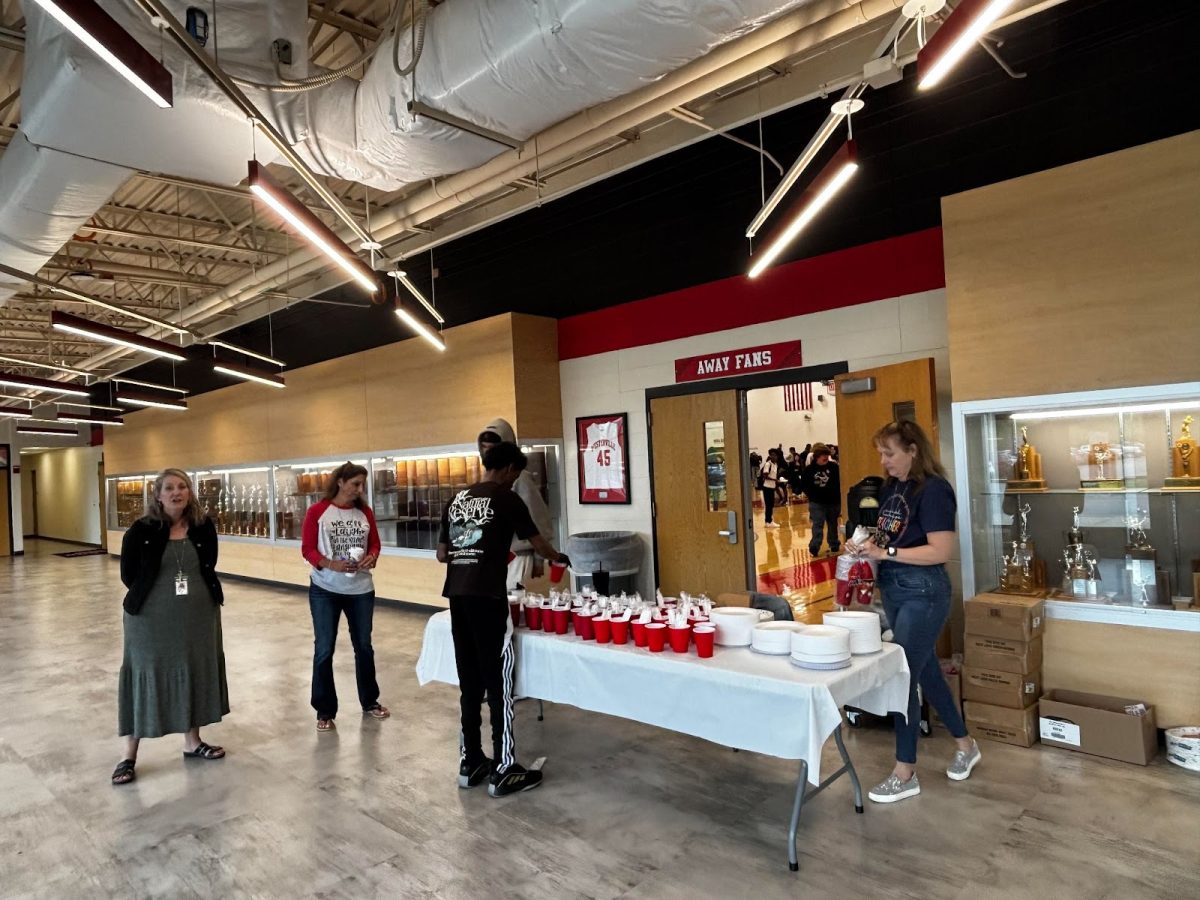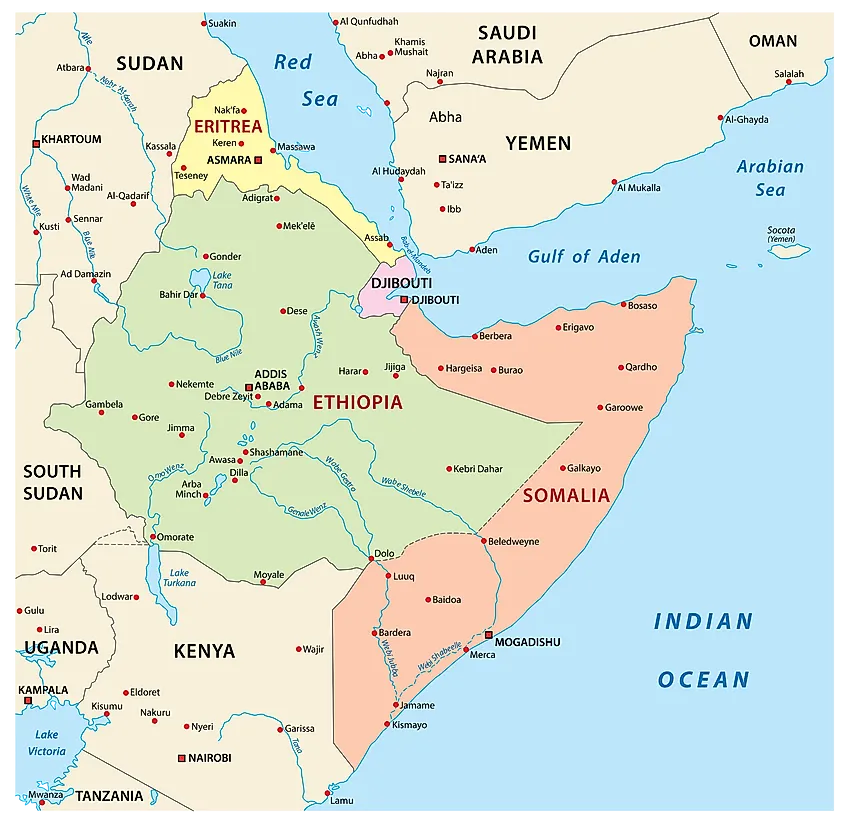South Students Learn the Importance of Money Management
May 17, 2019
As seniors approach graduation, questions begin to arise regarding how to spend, how to save, and how to ensure a comfortable financial future. Personal money management teacher, Linda Mapes, and financial algebra teacher, Andrea Gaul, both stress the importance of taking at least one of their classes before graduation to become well-educated on the subject.
Mapes and Gaul both wish that a finance class had been offered to them in high school. Mapes stated, “Get into a money management class before graduation or at least take financial algebra.; I think personal money management is the most important class you can have in high school because everybody needs to learn it so that they don’t make so many trial and error mistakes.”
According to Northwestern Mutual’s findings, in 2018, the average American had about $38,000 in debt, which was about $1,000 more than it was in 2017. This evidence supports the claim that debt in young adults is on the rise.
According to Zack Friedman of Forbes.com, the total amount of student loan debt, as of February 25, 2019, is $1.56 trillion. Student loans have become the biggest source of debt for young adults, according to Money.com, meaning everyone has to start making smart financial decisions before they even graduate, just as they decide what college or university they will attend.
If you don’t get the chance to take a class in finance during high school, there are other options that can grant you the same knowledge. Mapes refers to a course created by Dave Ramsey called Financial Peace University that contains material that Mapes has previously incorporated into her class. According to DaveRamsey.com, you can take Financial Peace University, and other online courses alike, at any time in your life with the fee of around $130.
Mapes and Gaul agree that it is important to use caution when spending and building credit. However, they do not fully agree on the concept of credit building and how important it is to do so. Gaul does not want young people to make the mistake of getting a credit card too early or having one and using it unwisely, but she does recommend that young adults build their credit. However, Mapes does not see the concept to be necessary.
Mapes believes that it is false to think that young adults need to have good credit, or any credit, in order to live comfortably. She stated, “That’s what credit and a credit score is, it’s ‘I love debt.’” She wants her students to have a “very healthy fear and respect” for credit so that they do not get themselves so stuck in debt that they can not see a way of getting out.
Mapes suggests, for anyone who truly believes that they need to build a good credit score, that they borrow an amount of money (Mapes uses $600 as an example), put a hold on that money, use the same amount of money from their savings account to secure the loan, and then make payments back to the bank for the money they borrowed with interest; this can help one avoid huge amounts of debt.
Another way to build good credit that Gaul suggested is to get a credit card, only use it for gas, and pay it off every month or so. She believes that having a good credit score will make an individual’s house or car buying experience a lot easier as opposed to someone with bad to no credit. She stated, “I know that if I hadn’t gotten a credit card and paid student loans and paid for a car when I was 24 years old, then I would’ve never been able to get a house today.”
One of Gaul’s only financial regrets is not opening up a higher interest savings account at a younger age. Mapes suggests that young adults open up mutual funds as soon as possible to receive twelve to twenty percent in interest; making monthly payments into a mutual fund can help one avoid debt as well.
Mapes refers to savings accounts as a good place to start, but ultimately a “glorified checking account,” because you earn very little to no interest with a savings account. The money you put into a mutual fund is invested into a number of companies, usually between 30 to 100 companies.
You have the option to get a professional money manager who will look at the companies within the fund, take out the ones who are not doing so good, and put in others that are doing well. This way, you get paid dividends and earn capital gains.
Personal money management student, Iman Benlemlih, stated, “People think it’s hard to do but it’s so easy, that’s what surprised me the most was learning about the money you can make with mutual funds.”
Mapes makes her students keep track of every dime they spend for a month so they know where their money is going, what they spend the most on, and how they can cut down and create a budget. She stated that this exercise teaches them how to “tell their money where to go and not their money telling them.”
Students are often surprised by how easy it is to create a budget, but also by how hard it is to stick with it. To make budgeting a lot easier, there are apps you can use and sync up to your bank account like Charlie, a robot who communicates with you through Facebook’s Messenger app. You can also download the app Every Dollar, which personal money management students have previously used for the class.
Mapes and Gaul both suggest that young adults should not buy brand new cars or spend beyond their means because new cars lose twenty percent in value as soon as they leave the dealership, and spending beyond your budget will put you at risk for debt. Gaul and Mapes believe that spending wisely and saving all of the money you can will put you on a comfortable financial path.




